Here for the Full Life
Here for all stages of care, for all dimensions of well-being and for all aspects dear to one's life
Redefining Health Care as Full Life Care
Here for all stages of care, for all dimensions of well-being and for all aspects dear to one’s life.
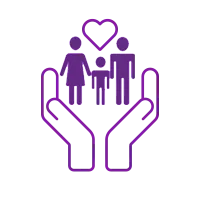
Hospice Care
Expert, compassionate end-of-life care, wherever you call home
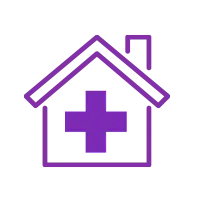
Home Health
Skilled care and therapies for homebound patients
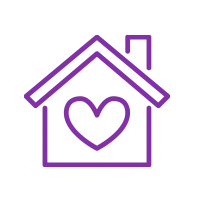
Personal Care
In-home services to help clients remain independent
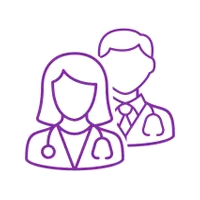
Medical and Palliative Care
Palliative care and in-home physician visits
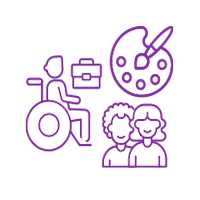
Elder Care Services
Helping seniors achieve a healthy quality of life and live safely and independently at home and in the community

HIV and Sexual Health
Testing, medical care, counseling, support and prevention services to promote sexual health
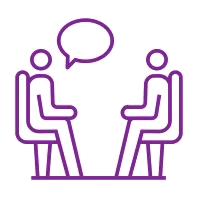
Grief Services
Support for anyone experiencing the loss, or anticipated loss, of a loved one
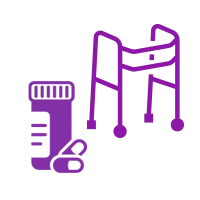
Pharmacy and DME
On-site pharmacies and durable medical equipment for everyone we serve

Advance Care Planning
Education and guidance for making healthcare decisions

Our Foundations
Raising funds to ensure the future of full life care for the communities we serve
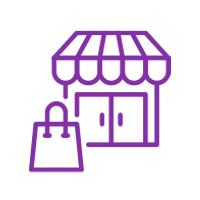
Resale Shops
Shop great finds or donate your gently used items to support our mission

Empath Careers
Life-changing careers are here for you.